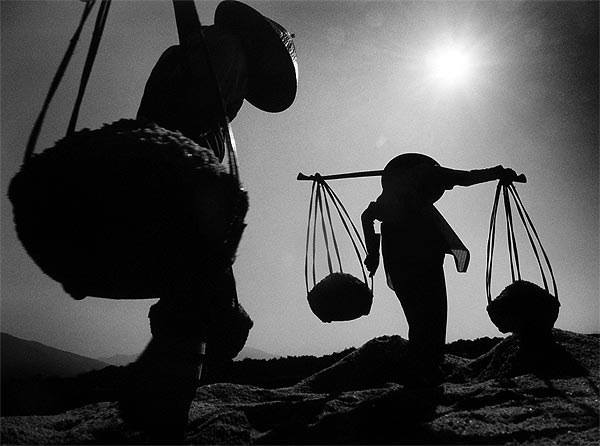Short Reflection for the 5th Sunday of Easter (B)
Readings: Acts 9: 26-
31; 1 John 3: 18-24; John 15: 1-8
Selected Passage: “If you remain in me and my words remain
in you, ask for whatever you want and it will be done for you” (John 15: 7)
Short Reflection: The challenge to each one of us is to
remain steadfast in the faith both in good times as well as in bad times. The gospel tells us we to connected to Jesus in order to bear much fruit. The Father
is the vine grower and we submit to his way of making us productive. www.badaliyya.blogspot.com
DHIKR SIMPLE METHOD...
Dhikr is an Arabic word for remembrance. In the
“tariqa” (the way) movement, dhikr developed into a form of prayer… It is a prayer
of the heart… following three simple steps:
1.
Write in one’s heart a certain
passage of the Holy Writ…
2.
Make the same passage ever
present in one’s lips.
3.
Then wait for God’s disclosure
on the meaning of the passage…that interprets one’s life
NOW…!
It takes a week of remembering (dhikr)…or even more
days to relish the beauty of this method…


